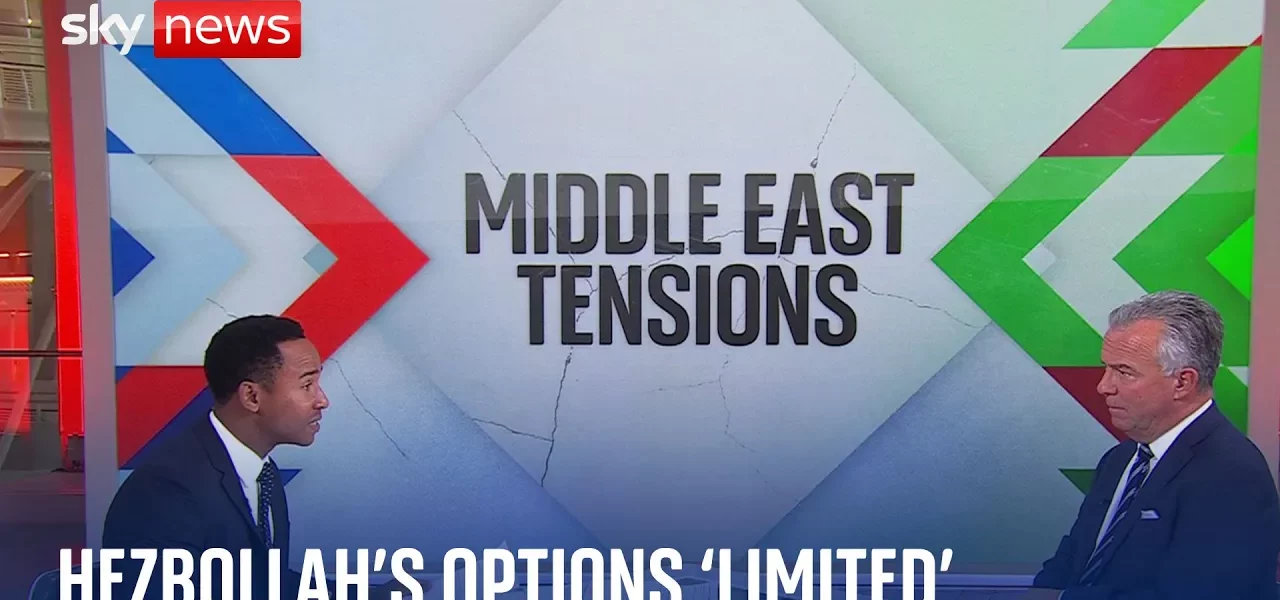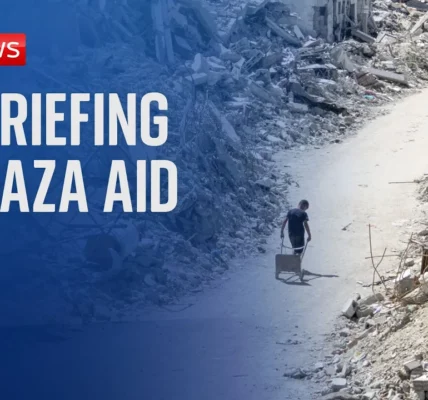Hezbollah and Israel: Recent Developments in the Northern Border Conflict

This article provides a comprehensive analysis of the recent tensions between Hezbollah and Israel, focusing on the implications for regional stability, military strategies, and the humanitarian impact on displaced populations.
Introduction
The ongoing conflict between Hezbollah and Israel has escalated, particularly in the northern border region. Recent statements from Hezbollah’s leader, Hassan Nasrallah, indicate a firm stance against the return of approximately 67,000 displaced Israelis. This article explores the multifaceted dimensions of the conflict, including military strategies adopted by both sides, the humanitarian situation, and the broader implications for regional stability.
Hezbollah’s Position on Displaced Israelis
Hassan Nasrallah has made it clear that Hezbollah will not permit the return of displaced Israelis to the northern border area. This declaration comes amid Israel’s ongoing military operations aimed at securing the region.
Strategic Implications
Nasrallah’s statements are significant for several reasons:
- They indicate a shift in Hezbollah’s focus from Gaza to the northern border.
- This position could provoke further military responses from Israel, which has been emphasizing its dominance in the region.
- The rhetoric used suggests a potential escalation of conflict, as it directly challenges Israeli sovereignty.
Israel’s Military Strategy
Israel’s military strategy has evolved in response to the changing dynamics of the conflict. After focusing primarily on Gaza, Israel is now directing attention towards the northern border.
Recent Developments
During a recent press conference, Israeli officials discussed the importance of securing the northern border and issued warnings to Hezbollah. Key points included:
- Emphasizing military readiness in response to any potential aggression from Hezbollah.
- Addressing the humanitarian situation of displaced Israelis and the need for their safety.
- Stressing the need for a robust response to any attacks, highlighting Israel’s military superiority.
Casualties and Combat Operations
Recent reports indicate that there have been actual combat operations occurring in Northern Israel, which contradicts the perception that the conflict has been limited to rocket attacks. Notably, the deaths of two Israeli soldiers, Sergeant Turmer Kenon and Major N. Fasi, underscore the real human cost of this conflict.
The Role of Communication in Hezbollah’s Strategy
Effective communication has traditionally been the backbone of Hezbollah’s operational capabilities. However, recent military actions have significantly disrupted their communication networks.
Impact of Communication Disruption
The loss of communication capabilities poses critical challenges for Hezbollah, including:
- Difficulty in coordinating military operations.
- Challenges in maintaining morale among troops.
- Struggles to effectively respond to Israeli military actions.
Future Strategies
In light of these challenges, Hezbollah may need to reassess its military strategies and focus on rebuilding its communication infrastructure. This could involve:
- Investing in new communication technologies.
- Implementing alternative command structures.
- Developing stronger alliances with regional partners, including Iran.
Conclusion
The conflict between Hezbollah and Israel continues to evolve, with significant implications for regional stability and security. As both sides prepare for potential escalations, the humanitarian impact on displaced populations remains a critical concern. It is essential for international observers to monitor these developments closely, as any miscalculation could lead to a wider conflict. For more insights into the ongoing situation and related topics, explore our articles on regional stability and military strategies in the Middle East.
“`




